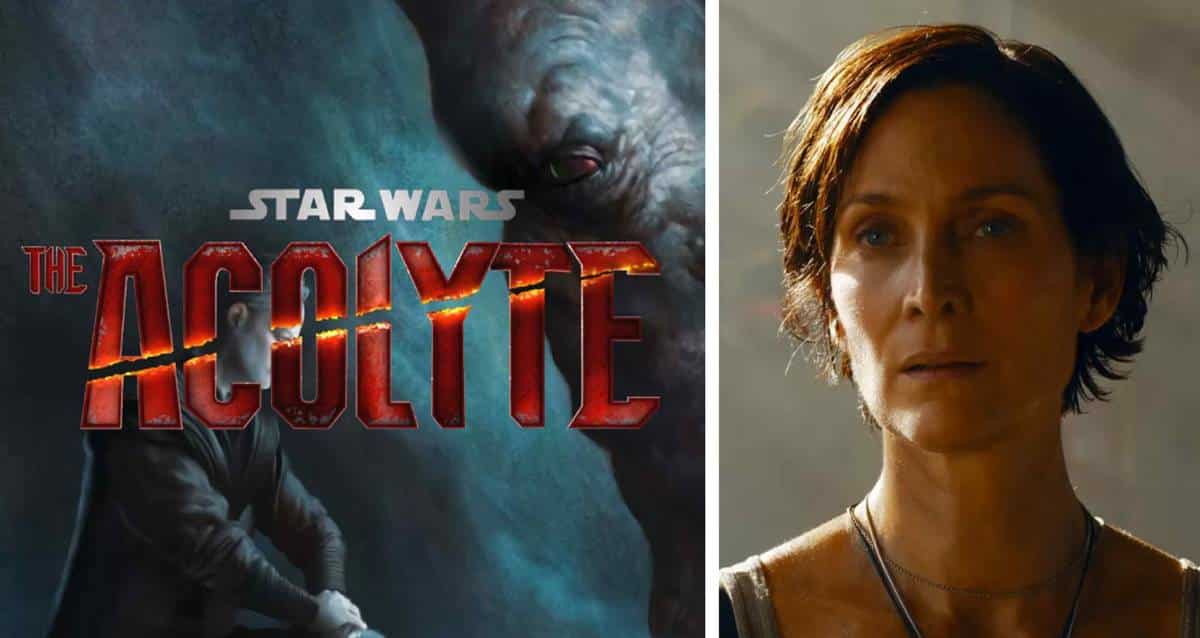In the competitive landscape of streaming media, Disney’s strategic handling of its Star Wars and Marvel properties is pivotal. This article highlights three key areas: Disney’s leveraging of its content giants for its streaming service, Disney+; the complex dynamics of content licensing with platforms like Netflix; and the implications these decisions have for consumer access and the future of streaming collaborations. As Disney navigates this intricate terrain, its choices significantly impact the broader digital entertainment industry.
Introduction: The Ever-Evolving Landscape of Streaming Content
In the dynamic world of streaming media, content is king, and few hold as many valuable pieces as Disney, especially with its Star Wars and Marvel properties. As these franchises continue to grow, Disney’s strategy in managing their distribution, particularly concerning platforms like Netflix, becomes increasingly crucial in the high-stakes streaming wars.
Disney’s Content Monolith: Marvel and Star Wars
Disney’s acquisition of Marvel and Lucasfilm turned the entertainment giant into a veritable treasure trove of popular content. The Marvel Cinematic Universe (MCU) and the Star Wars saga represent more than just blockbuster films; they are expansive universes with immense potential for serialized storytelling – a perfect fit for the streaming model.
The Netflix Equation
Netflix, a pioneer in the streaming industry, has long been a desirable platform for hosting content due to its massive subscriber base and global reach. However, the relationship between content creators like Disney and platforms like Netflix is complex. This section explores how Disney navigates this relationship, balancing the need to maintain the value of its own streaming service, Disney+, with the benefits of licensing content to Netflix.
The Rise of Disney+
Disney’s launch of its own streaming service, Disney+, marked a significant shift in its distribution strategy. With a direct-to-consumer model, Disney has more control over its content and a greater share of the profits. This part of the article delves into how the success of Disney+, especially with exclusive shows like “The Mandalorian,” affects its decisions regarding content licensing to other platforms.
Licensing Decisions and Consumer Impact
‘The decision to license content to platforms like Netflix or to keep it exclusive to Disney+ has significant implications for consumers. This segment explores the impact of these decisions on viewer access and subscription choices, discussing the potential benefits and drawbacks of exclusivity versus broader distribution.’The decision to license content to platforms like Netflix or to keep it exclusive to Disney+ has significant implications for consumers. This segment explores the impact of these decisions on viewer access and subscription choices, discussing the potential benefits and drawbacks of exclusivity versus broader distribution.
The Future of Streaming Collaborations
As the streaming landscape continues to evolve, collaborations and competition among major players like Disney and Netflix are expected to shape the industry’s future. This section speculates on potential future scenarios: Will Disney continue to tighten its grip on its Marvel and Star Wars content, or will it see value in strategic partnerships with other streaming platforms?
Conclusion: Navigating a Galaxy of Choices
Disney’s management of its Star Wars and Marvel properties in the streaming era is a balancing act that involves strategic decision-making to maximize both audience reach and revenue. As the company navigates this complex terrain, its choices will not only shape the future of its streaming endeavors but also set precedents in the rapidly evolving world of digital entertainment.
Frequently Asked Questions about Disney’s Content Strategy with Star Wars and Marvel
- What is Disney’s current strategy for its Star Wars and Marvel properties? Disney is focusing on leveraging its Star Wars and Marvel franchises primarily through its own streaming platform, Disney+, while also considering strategic licensing to other platforms like Netflix.
- How does Disney+ fit into Disney’s content strategy? Disney+ is central to Disney’s strategy, serving as the primary platform for new and exclusive content from the Star Wars and Marvel universes, providing direct access to consumers and greater control over content distribution.
- Why is Disney considering licensing content to Netflix or other platforms? Licensing content to platforms like Netflix can offer additional revenue streams and expand audience reach, especially in markets where Disney+ might have a limited presence.
- Will all new Star Wars and Marvel content be exclusive to Disney+? While Disney+ is the primary platform for new content, Disney may choose to license certain content to other platforms based on strategic considerations, such as audience reach and revenue potential.
- How does Disney’s strategy affect consumer viewing choices? Disney’s focus on Disney+ for exclusive content may require consumers to subscribe to multiple streaming services to access a broader range of content, including popular franchises like Star Wars and Marvel.
- Could Disney’s strategy influence the overall streaming industry? Yes, Disney’s approach to content distribution, especially with high-demand properties like Star Wars and Marvel, could set trends and influence strategies across the streaming industry.
- What are the benefits of Disney’s strategy for the company? This strategy allows Disney to maintain greater control over its content, build brand loyalty through exclusive offerings, and potentially increase revenue through direct subscriptions and strategic licensing.
- Will this strategy lead to more original content on Disney+? Likely, yes. Disney’s emphasis on Disney+ as its primary streaming platform encourages the production of original content to attract and retain subscribers.
- How will this strategy impact international viewers? The impact on international viewers depends on Disney+’s availability and reach in different regions and the extent of content licensing to other platforms in those markets.
- Is this strategy expected to evolve in the near future? Given the rapidly changing nature of the streaming industry, Disney’s strategy may evolve to adapt to new trends, viewer preferences, and market conditions.






